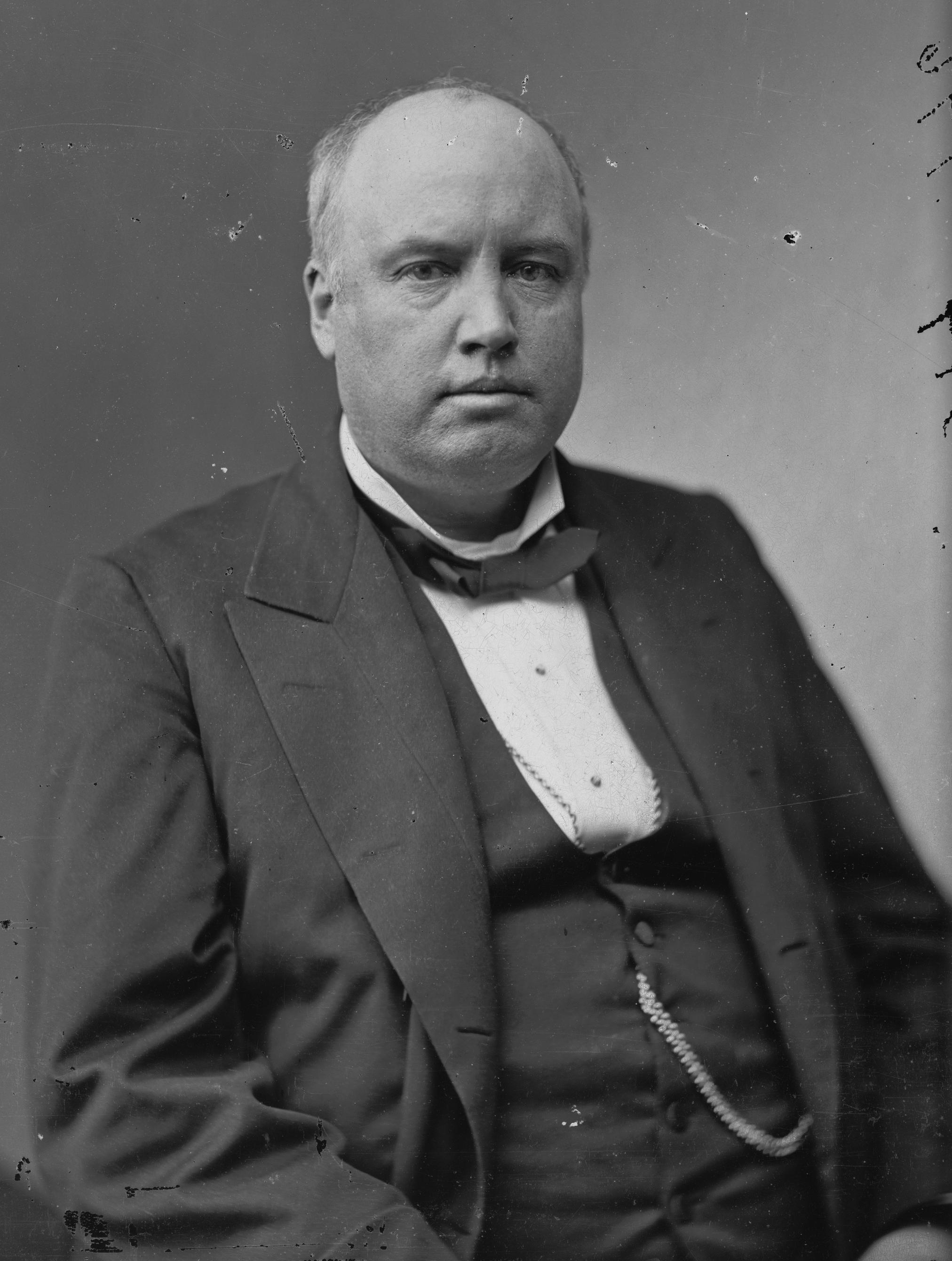Robert Green Ingersoll citáty a výroky
Robert Green Ingersoll: Citáty v angličtine
"The Brooklyn Divines." Brooklyn Union (Brooklyn, NY), 1883.
Why I Am an Agnostic (1896)
A Christmas Sermon (1890)
Some Reasons Why (1881)
The trial of Charles B. Reynolds for blasphemy (1887)
Heretics and Heresies (1874)
Heretics and Heresies (1874)
Rome, or Reason? A Reply to Cardinal Manning. Part I. The North American Review (1888)
Orthodoxy (1884)
The trial of Charles B. Reynolds for blasphemy (1887)
"To the Indianapolis Clergy." The Iconoclast (Indianapolis, IN) (1883)
“Whosoever will be saved, before all things it is necessary that he hold the Catholic faith.”
It is not necessary, before all things, that he be good, honest, merciful, charitable and just. Creed is more important than conduct. The most important of all things is, that he hold the Catholic faith. There were thousands of years during which it was not necessary to hold that faith, because that faith did not exist; and yet during that time the virtues were just as important as now, just as important as they ever can be. Millions of the noblest of the human race never heard of this creed. Millions of the bravest and best have heard of it, examined, and rejected it. Millions of the most infamous have believed it, and because of their belief, or notwithstanding their belief, have murdered millions of their fellows. We know that men can be, have been, and are just as wicked with it as without it.
Rome, or Reason? A Reply to Cardinal Manning. Part I. The North American Review (1888)
They still believe in the astronomy of Joshua and the geology of Moses. They believe in the miracles of the past, and deny the demonstrations of the present. They are the foes of facts—the enemies of knowledge. A desire to be happy here, they regard as wicked and worldly—but a desire to be happy in another world, as virtuous and spiritual.
The Truth (1896)
“When the minister leaves the seminary, he is not seeking the truth. He has it.”
He has a revelation from God, and he has a creed in exact accordance with that revelation. His business is to stand by that revelation and to defend that creed. Arguments against the revelation and the creed he will not read, he will not hear. All facts that are against his religion he will deny.
The Truth (1896)
If this is the honest result, then you are compelled to say, either that God has made no revelation to me, or that the revelation that it is not true, is the revelation made to me, and by which I am bound. If the book and my brain are both the work of the same Infinite God, whose fault is it that the book and the brain do not agree? Either God should have written a book to fit my brain, or should have made my brain to fit his book.
Some Reasons Why (1881)
"Motley and Monarch", The North American Review, December 1885
I presume he imagines himself to be the defendant in both cases.
My Reviewers Reviewed (lecture from June 27, 1877, San Francisco, CA)
